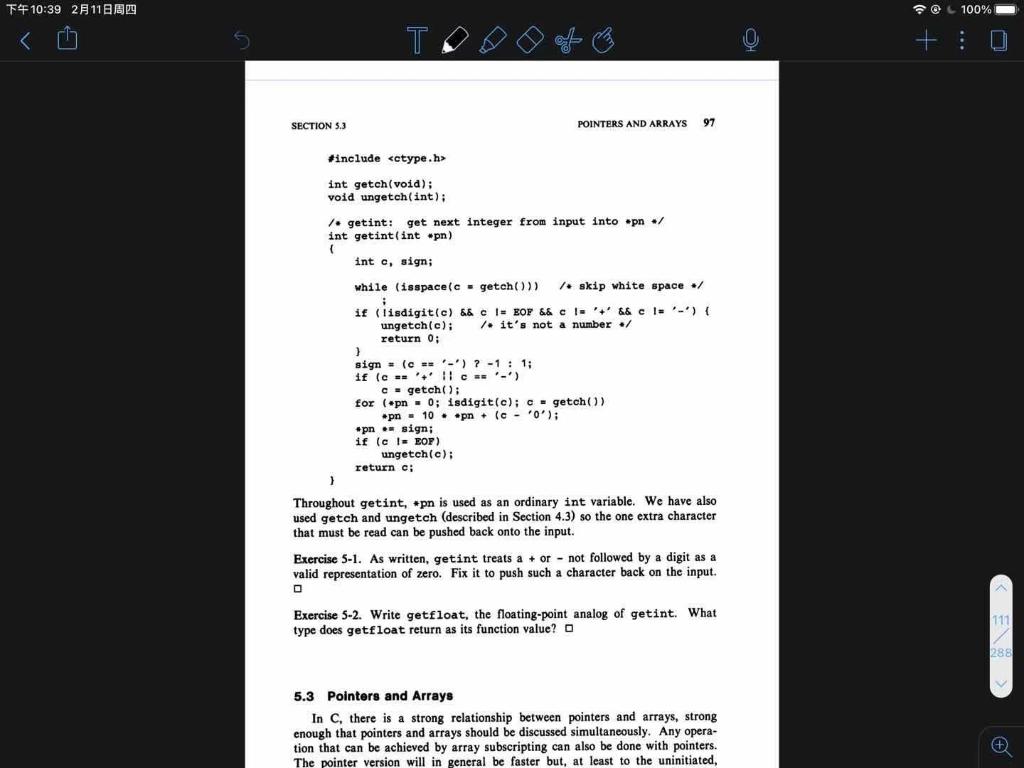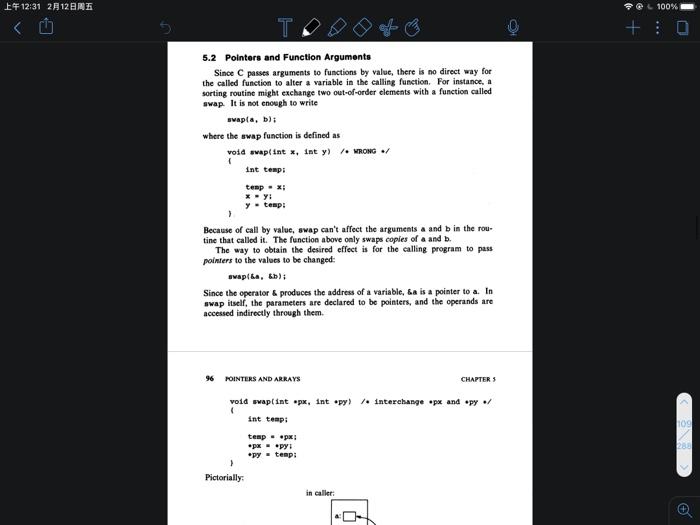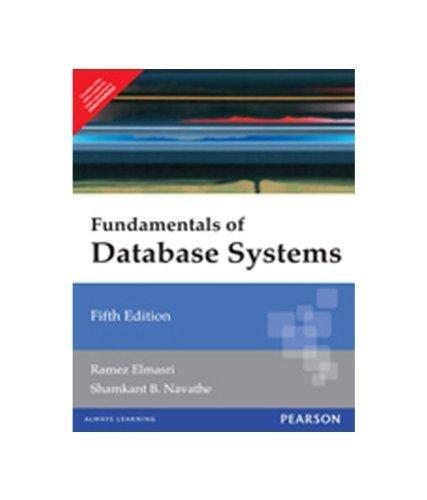Answered step by step
Verified Expert Solution
Question
1 Approved Answer
Exercise 5-2 7410:39 29112929 @ 100% + SECTION 5.3 POINTERS AND ARRAYS 97 #include int getch(void); void ungetch(int); 1. getint: get next integer from input
Exercise 5-2 

Step by Step Solution
There are 3 Steps involved in it
Step: 1

Get Instant Access to Expert-Tailored Solutions
See step-by-step solutions with expert insights and AI powered tools for academic success
Step: 2

Step: 3

Ace Your Homework with AI
Get the answers you need in no time with our AI-driven, step-by-step assistance
Get Started


